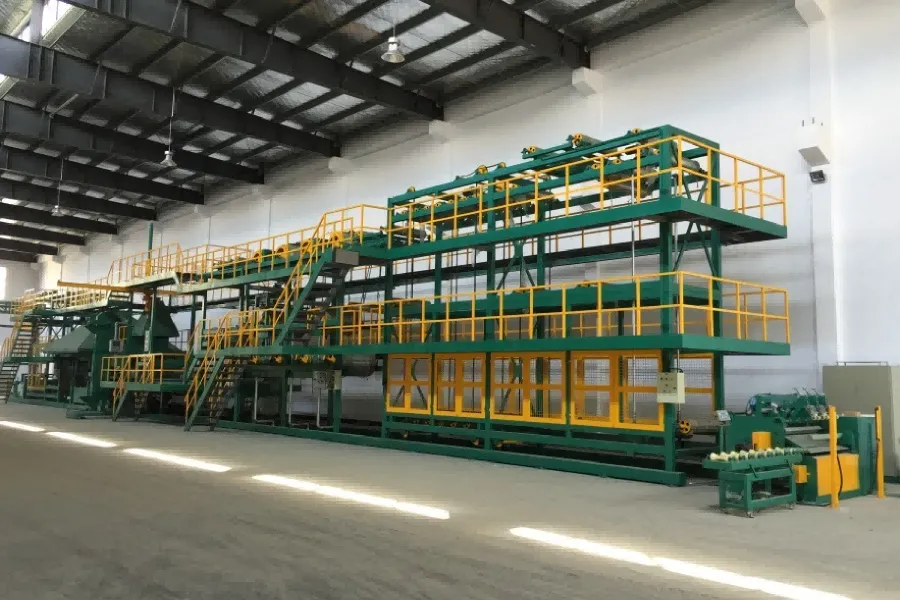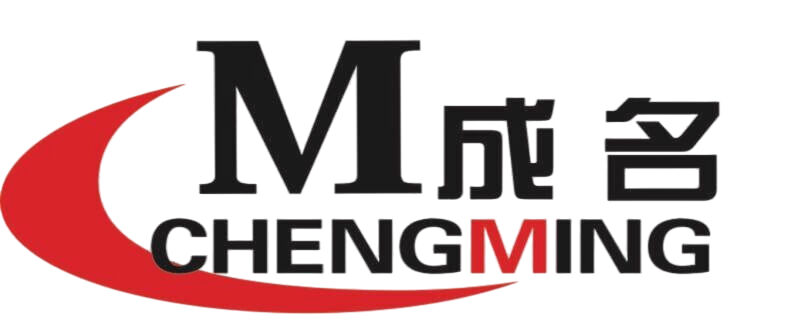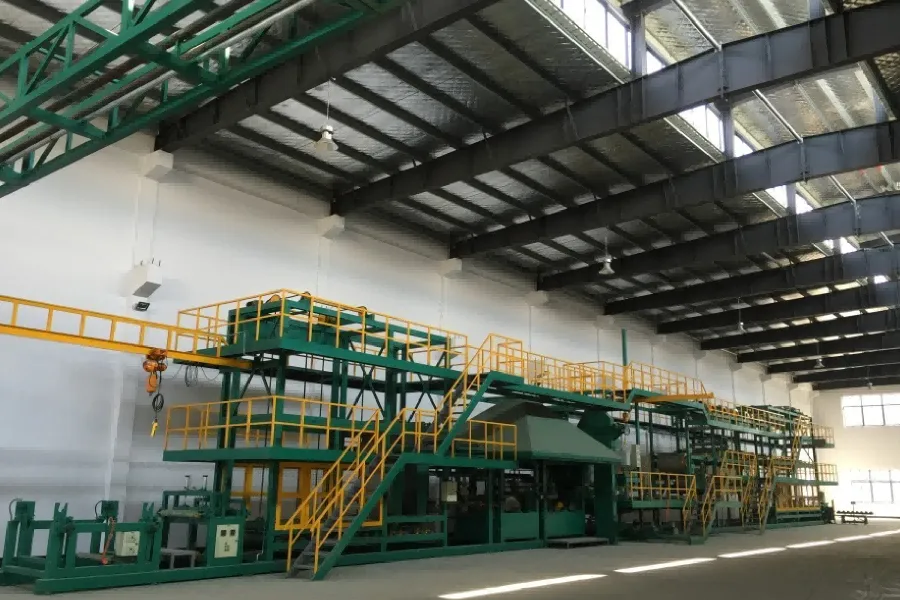The Critical Role of Precision Measurement in Bitumen Membrane Manufacturing
In the demanding world of modified bitumen membrane production, maintaining consistent product quality is paramount. At the heart of this quality control process lies inline thickness gauging - a sophisticated measurement technology that ensures dimensional accuracy throughout the continuous production process. This advanced measurement system has become indispensable for manufacturers aiming to meet stringent industry standards while optimizing their operational efficiency.
Modern modified bitumen membrane production facilities face increasing pressure to deliver products with exact specifications while minimizing waste and maximizing throughput. Inline thickness gauging addresses these challenges by providing real-time measurement data, enabling immediate adjustments to production parameters when deviations occur.
Advanced Technology Integration in Membrane Production
Real-Time Measurement Benefits
The integration of inline thickness gauging systems into modified bitumen membrane production lines represents a significant technological advancement. These systems utilize advanced sensors and processing algorithms to continuously monitor material thickness without interrupting the production process. This real-time capability allows operators to identify and correct thickness variations before they result in significant material waste.
The immediate feedback provided by inline thickness gauging systems enables production teams to maintain tight control over product specifications. This enhanced control translates directly into improved product consistency and reduced quality-related issues downstream.
Automation and Process Control
Modern inline thickness gauging systems often incorporate automated control mechanisms that can adjust production parameters automatically based on measurement data. This level of automation helps maintain consistent product quality while reducing the burden on operators. The system can rapidly respond to variations in material properties or processing conditions, ensuring the final product meets specifications.
The integration of these measurement systems with plant-wide control systems creates a comprehensive quality management framework. This interconnected approach enables better documentation of production data and facilitates continuous process improvement initiatives.

Quality Assurance and Compliance Standards
Meeting Industry Specifications
Modified bitumen membrane manufacturers must adhere to strict industry standards regarding product thickness and uniformity. Inline thickness gauging systems provide the necessary measurement accuracy and reliability to ensure compliance with these standards. The continuous monitoring capability helps manufacturers maintain certification requirements and meet customer specifications consistently.
Regular calibration and verification of these gauging systems ensure measurement accuracy remains within acceptable tolerances. This attention to measurement precision helps manufacturers avoid costly quality-related issues and maintain their reputation for producing high-quality products.
Documentation and Traceability
Modern inline thickness gauging systems include comprehensive data logging capabilities that create detailed records of product measurements. This documentation is invaluable for quality audits and customer certification requirements. The ability to demonstrate consistent control over product specifications enhances manufacturer credibility and supports continuous improvement efforts.
The historical data collected by these systems also enables advanced analytics and trending analysis. Manufacturing teams can use this information to identify potential issues before they impact product quality and optimize production parameters for better efficiency.
Economic Impact and ROI Considerations
Material Cost Optimization
Implementing inline thickness gauging systems can significantly reduce material waste by ensuring products are manufactured to exact specifications. Over-thick products waste expensive raw materials, while under-thick products must be scrapped or reworked. The precise control enabled by these systems helps optimize material usage and reduce production costs.
The reduction in material waste directly impacts the bottom line, often providing a rapid return on investment for manufacturers who implement these systems. The savings in raw material costs alone can justify the investment in advanced measurement technology.
Production Efficiency Improvements
Beyond material savings, inline thickness gauging systems contribute to overall production efficiency. The ability to detect and correct thickness variations quickly reduces downtime and improves product yield. These systems also enable higher production speeds while maintaining quality standards, increasing overall plant productivity.
The reduction in quality-related issues and improved process control leads to fewer production interruptions and better resource utilization. This increased efficiency translates into higher throughput and improved profitability for membrane manufacturers.
Future Trends and Technologies
Advanced Measurement Capabilities
The technology behind inline thickness gauging continues to evolve, with new developments improving measurement accuracy and reliability. Advanced sensors and processing algorithms are enabling more precise measurements across a wider range of materials and operating conditions. These improvements help manufacturers meet increasingly stringent quality requirements.
Integration with artificial intelligence and machine learning systems is enhancing the predictive capabilities of thickness measurement systems. These advanced analytics tools help identify potential quality issues before they occur and suggest optimal processing parameters based on historical data.
Industry 4.0 Integration
As manufacturing facilities embrace Industry 4.0 principles, inline thickness gauging systems are becoming more deeply integrated with other production systems. This connectivity enables more sophisticated control strategies and better coordination between different aspects of the production process. The result is improved overall equipment effectiveness and better product quality.
The trend toward digital transformation in manufacturing is driving increased adoption of advanced measurement technologies. Manufacturers who invest in these systems position themselves to meet future challenges and maintain their competitive advantage.
Frequently Asked Questions
How accurate are inline thickness gauging systems for modified bitumen membranes?
Modern inline thickness gauging systems can achieve measurement accuracies of ±1% or better, depending on the specific technology and application. This level of precision is sufficient for most modified bitumen membrane specifications and quality control requirements.
What maintenance is required for inline thickness gauging systems?
Regular maintenance typically includes sensor cleaning, calibration verification, and system performance checks. Most systems require minimal maintenance beyond these routine tasks, though specific requirements vary by manufacturer and technology type.
Can inline thickness gauging systems be retrofitted to existing production lines?
Yes, most inline thickness gauging systems can be retrofitted to existing modified bitumen membrane production lines. The installation process typically requires minimal downtime and can be completed during scheduled maintenance periods.

